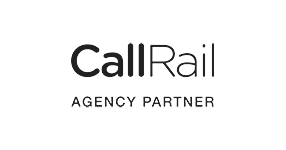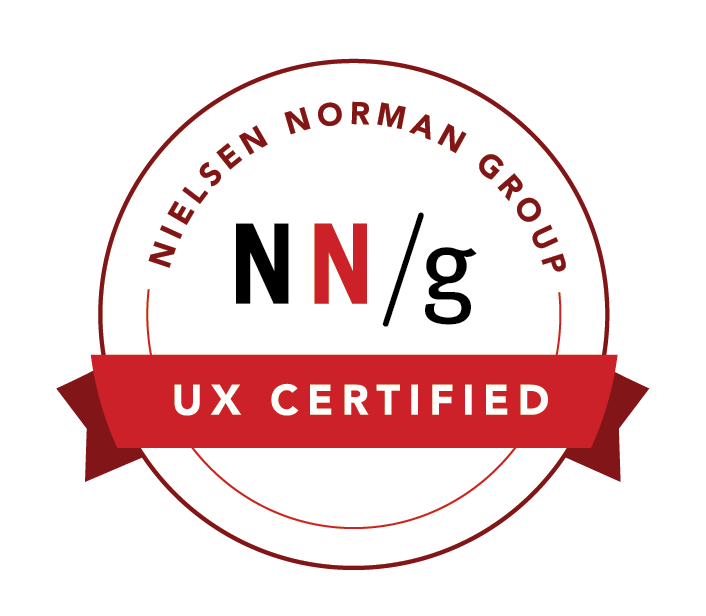Improve your work/life usability
November 21st, 2007
November 8th was World Usability Day --"founded to ensure that the services and products important to life are easier to access and simpler to use." At its foundation is the belief that technology should make things easier rather than harder, more complicated or stressful. Yet, when you see your colleague whip out their phone or crackberry in the middle of a meeting or worse, a family dinner, you have to wonder what is less complicated and stressful about that situation.
We have already talked about some great life/work productivity tools, but this post is about tips on how you can fundamentally shift how you view these types of tools. To quote the Matrix:
"Do not try and bend the spoon. That's impossible. Instead... only try to realize the truth, that it is not the spoon that bends, it is only yourself."
1. Stop thinking of life and work as polar opposites.
Life is work, and work is life. Most people spend a third of their time "at work", another third sleeping, leaving a final third for "life". This seems rather bleak to us. Rather, if either your work or life has meaning, it will add meaning to the other part as well. If you came home from work energized and passionate about a project, you could carry that same passion and energy.
So why do we work? Unfortunately, many people view work as a means to afford our lifestyles. Perhaps we should view life as necessary to afford our work selection? That is, spending your "life" time learning new skills so that you have more opportunities with your selection of work time.
2. Technology gives you freedom to roam
When Sherpa! started in the late 90's, the company founders worked from the colleges they were attending over 120 miles apart from each other. The office was a central location for in-person meetings and collaboration, but the Internet empowered them continue those meetings online.
More than a decade later, the technologies provide even more options for roaming freedom. No longer do you have to be behind your desk the entire time; now you can be out at networking events, lunches, and running errands with email and the web just a mobile device away.
3. Technology isn't about always being "on"
We think that this is probably the biggest reason behind the "work/life" balance call-to-arms. Technology shouldn't be about working longer hours or available for calls during private family matters. Part of this is that people leave their devices always on, leaving information to constantly "push" towards them. Instead, make the decision to access emails only when you feel it is the correct time. Most emails can wait 24 hours for a response.
And if you have clients or colleagues expecting a quicker reply, ask them to call you instead. If you must, give colleagues and clients an "emergency" email, number or even code. If they abuse it, ask them to better respect your time. So, instead of always being on, set rules of engagement with those around you. You will be amazed at how people desire to be considerate but just sometimes forget in the heat of the "send" button moment.
4. Your to-do list shouldn't end
Thursday, November 29 2009, you mark the last thing off your to-do list. You feel so much relief! Ok. Now what? The fact of the matter is that a to-do list means you have a job, and an empty one means you don't. It's ok, and we think preferred, to have a to-do list that just never seems to end.
So let's accept, and celebrate, that in this information-rich world we now live in our to-do lists should never end. Instead, let's focus our attention on how to prioritize our limited time on relevant and meaningful tasks. Ask yourself: do you really need to subscribe to 50 different blogs so that you are the first to know everything?
5. Stop multi-tasking (and praising those that do)
Whenever we hear someone take pride in how they can multi task, we take pity on them. The fact of the matter is that human brains are not the same as "CPU". There are only a finite amount of things we can do at the same time before we begin to deteriorate the quality of our focus on each task.
Furthermore, the constant switching of IM to phone to music to email to web to project results in decreased efficiency. You may feel busy, but you surely are not more productive
6. Stop being busy
Somewhere in our quest to be efficient we got lost. We spend hours each day driving to central office so that we can be more productive rather than save that time with telecommuting. Or, we rush off from work to spend an hour in rush hour to make it to the gym a few miles away. Instead, what about cycling or walking to the gym as part of the exercise?
In the end, we should look at usable technology as helping us enjoy life and work more, not necessarily getting more done. It is much better to enjoy what you are doing rather than doing more of something you don't.





